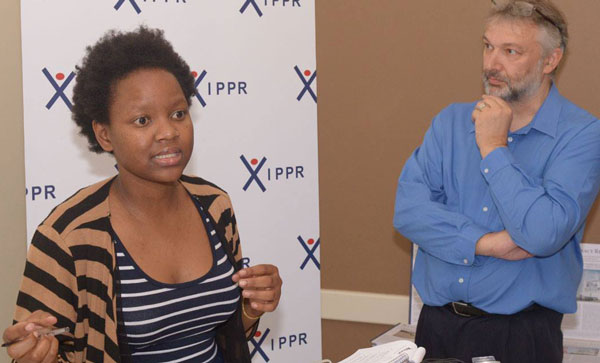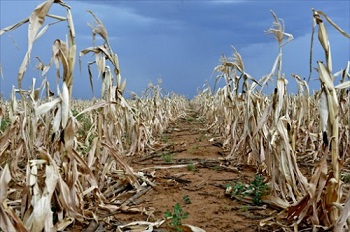
Anti-corruption online tool tracks mineral wealth

By Freeman Ngulu
09 December 2016 – The Institute for Public Policy Research (IPPR) Namibia launched an anti-corruption online tool that allows you to map, find, browse, and search petroleum exploration licenses.
The IPPR in a statement said, “with Namibia Transparent Oil you can find which companies hold mining licences, who owns and manages these companies, where they are registered, and how ownership has changed over time. You can also access licence and company information by clicking on a interactive map.”
The information on this platform is publicly available whereas before it was difficult to access and use this sort of data without exhausting resources.
According to the statement, tracking mining licence history in Namibia has often required sorting through hundreds of hard copy pages of text. With improved accessibility to this data, IPPR is advocating for lawmakers to combat industry corruption and support policy changes.
“With a small group of public officials exercising discretionary decision-making powers, the current method of issuing petroleum exploration licences in Namibia is opaque and open to abuse. Politically-connected owners receive concession rights which have been in the past sold at a higher price for financial gain,” they added.
IPPR developed this platform to identify corruption and raise a red-flag on licensing patterns.
Initially the online tool started out as a project to build a lightweight tool for transparency in the extractive industry named Diig.io. It was adopted to the Namibian context with help from the Engine Room, an international organisation that helps activist, organisations and other social change agents make the most of data and technology to increase their impact.
IPPR worked together to build a data model and searchable platform of petroleum exploration licences in Namibia with Diig.io and Engine to power investigative journalism and advocacy for stronger resource governance.
By repeating the process, the partners built two similar platforms linked on the Namibian website to the new licensing platforms of Citizens for Justice, Oxfam Malawi, and the Zimbabwe Environmental Law Association, who advocate for more transparency in the mineral and extraction industry in Malawi and Zimbabwe.
Meanwhile, the data in these platforms will form the foundation for future work to collect, organise and analyse additional information about extractive governance.








































